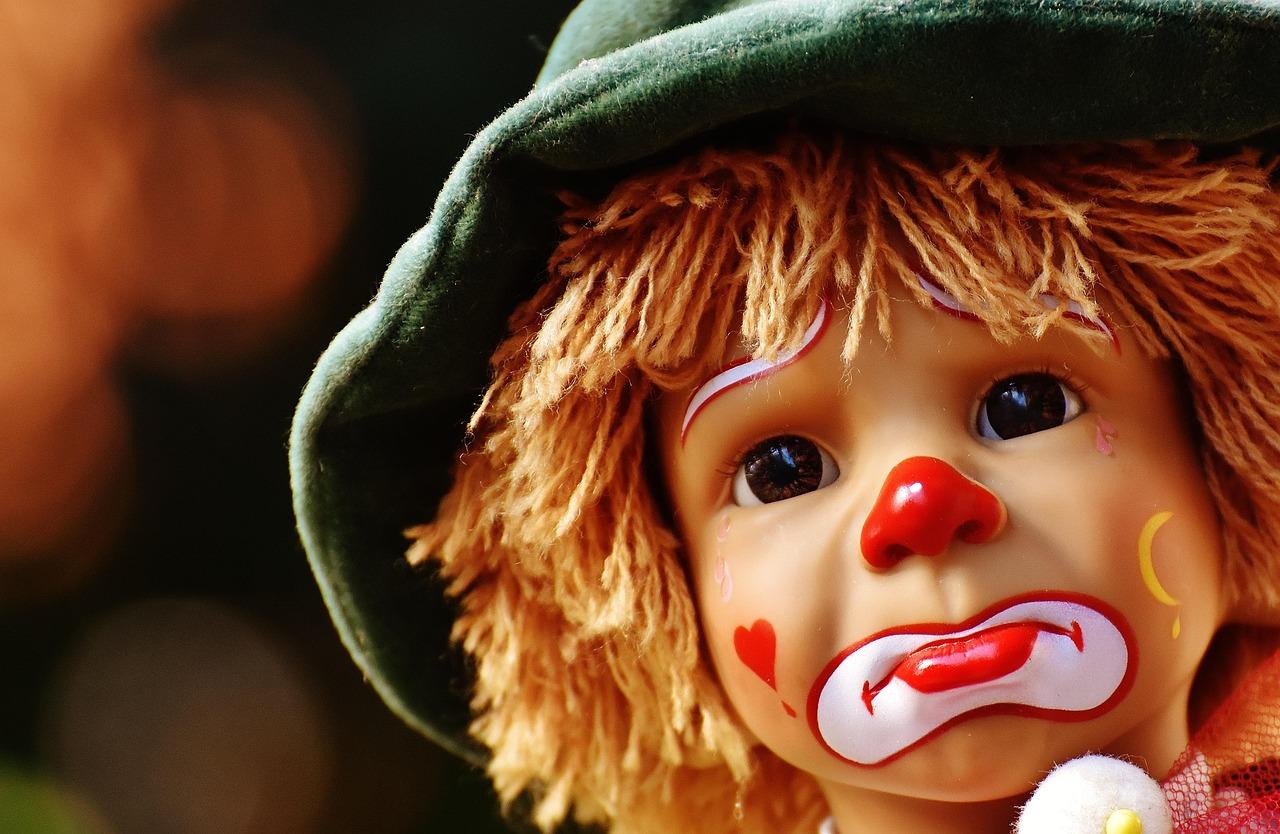Managing Anxiety in Children: A Practical Guide for Parents

Anxiety in children is more common than many realise and can affect everything from concentration and sleep to behaviour and social interactions. It often shows up in subtle ways and can go unnoticed without the right awareness.
When managed effectively, anxiety doesn't have to limit a child’s potential. Early support, emotional safety, and positive reinforcement can make a lasting impact.
Here are key strategies that help parents understand and support their child’s emotional needs while building resilience and confidence.
Recognise the Warning Signs Early
Anxiety in children can take many forms, including frequent crying, clinginess, irritability, avoidance of specific situations, or physical complaints such as nausea and headaches.
Watch for sudden changes in behaviour, especially around school, bedtime, or social situations. Children may say they’re “sick” or “don’t feel right” when they’re actually overwhelmed. The sooner anxiety is recognised, the easier it is to manage before it escalates into more complex emotional difficulties.
Establish Routines That Provide Predictability
Consistency creates a sense of security. Children thrive on predictability—knowing what’s coming next reduces the mental load of uncertainty.
Set up a clear daily routine for mornings, school preparation, mealtimes, homework, and bedtime. Use visual schedules or charts for younger kids. Even when the unexpected happens, returning to routine as quickly as possible reinforces emotional safety. Routines also help reduce decision fatigue, which can increase anxiety in sensitive children.
Teach Simple Coping Techniques
Equipping children with age-appropriate tools to manage anxious feelings empowers them to take control. Techniques like box breathing (inhale-hold-exhale-hold), counting backwards, or focusing on the five senses can help ground them in the present.
Introduce these skills during calm times and make them part of a regular mindfulness habit. You might also use storybooks or illustrated guides to explain anxiety and coping in a relatable way. As children get older, journaling or identifying and reframing anxious thoughts can become helpful too.
Create a Supportive Environment at Home
Anxiety often worsens when a child feels isolated or misunderstood. Make it safe for them to talk openly about their fears without judgement or pressure to "just be brave."
Use reflective listening: “It sounds like you’re really nervous about tomorrow.” Validate their experience and avoid over-reassurance. Create quiet, calming spaces at home where your child can retreat when overwhelmed. Sensory-friendly tools like weighted blankets, fidget toys, or soft lighting can also promote emotional regulation.
Model Calm and Confident Behaviour
Children mirror adult behaviour, especially during stressful moments. When parents demonstrate calm, problem-solving responses to challenges, kids learn anxiety doesn’t have to control the situation.
Be mindful of what your child overhears—constant talk about worries, financial stress, or world events can amplify anxiety. Talk through your own coping strategies when appropriate, like: “I’m feeling nervous about this meeting, so I’m going to take a few deep breaths.” This teaches emotional regulation by example.
Seek Professional Help When Needed
If anxiety persists or begins to interfere with daily activities—like school refusal, social withdrawal, sleep disturbances, or aggression—it may be time to consult a mental health professional.
A qualified child psychologist can conduct an assessment and recommend evidence-based therapy such as Cognitive Behavioural Therapy (CBT), which helps children identify, understand, and manage anxious thoughts and reactions.
In many cases, parents are involved in therapy to support generalisation of coping strategies at home and school, making the treatment more effective.
When anxiety becomes overwhelming, outside guidance can offer relief—not only for children, but for families navigating these emotional challenges together. If you're looking into anxiety counselling for children, [insert link] Brave Little Heroes Psychology Hub provides therapeutic support grounded in empathy, evidence, and creativity—helping young people build confidence and emotional resilience.








